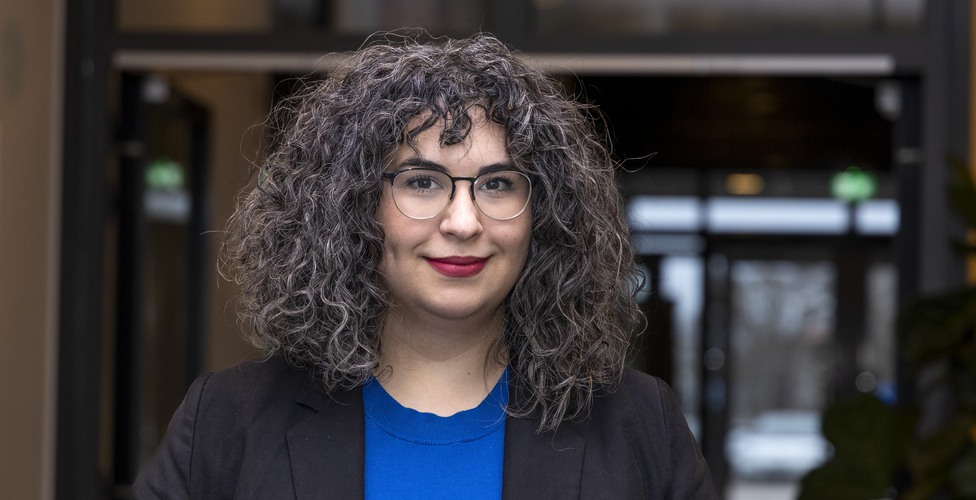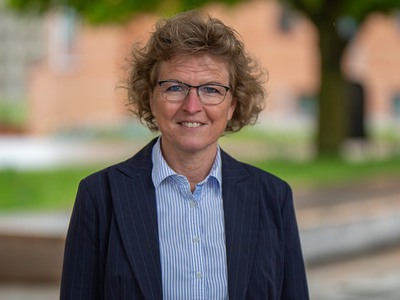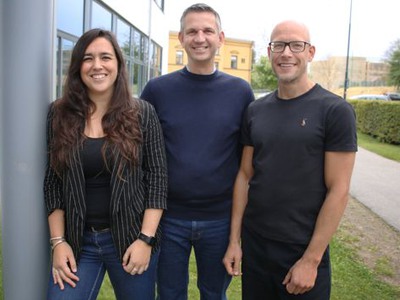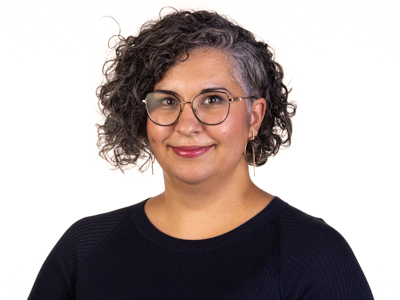Language barriers and long waiting times mean that many people have difficulty getting the care they need. Now doctoral student Ines Nikšić wants to develop AI avatars that can provide health conversations in multiple languages and reflect society's diversity.

By developing AI avatars for health consultations, Ines Nikšić, Jubilee Doctoral Student at the University of Skövde, aims to create digital solutions that make healthcare more accessible, inclusive, and equitable. Her project combines linguistics, AI, and healthcare technology to both ease the workload of medical staff and provide patients with more personal, meaningful encounters.
Co-creation for real impact
A central part of the project is studying people’s attitudes towards digital health consultations compared to traditional meetings. Special attention is given to linguistic and cultural aspects, as well as the conditions of different age groups. Co-creation is a key principle in the development process, ensuring that user needs guide the design.
“When AI avatars are developed for health consultations, it is crucial that they become accessible, meaningful, and representative of society’s diversity. In this way, we can create more equal and inclusive healthcare,” says Ines Nikšić, Jubilee Doctoral Student at the University of Skövde.
Interdisciplinary research with societal benefits
Ines works with an interdisciplinary team, where the supervisors’ diverse backgrounds contribute uniquely to the project. This creates strong conditions for addressing research questions from multiple perspectives and for advancing both theory and practice across different fields.
For the University of Skövde, the project strengthens research on digitalization, health, and inclusion. By combining linguistic perspectives with AI and healthcare technology, the project contributes to new knowledge that not only advances research but also generates societal value.
Towards more equitable digital healthcare
“Creating accessible tools that can reduce waiting times and costs, while enabling personal health consultations, has great potential. Im looking forward to delving deeper into AI-based health initiatives with a focus on diversity and interculturality,” says Ines.
The Knowledge Foundation’s Jubilee Doctoral Studentship is a national initiative running between 2025 and 2030, aiming to strengthen collaboration between academia and industry. The results of the project are expected to provide insights that can guide future initiatives in digital healthcare and contribute to the development of technical solutions that enhance accessibility, equity, and diversity.




